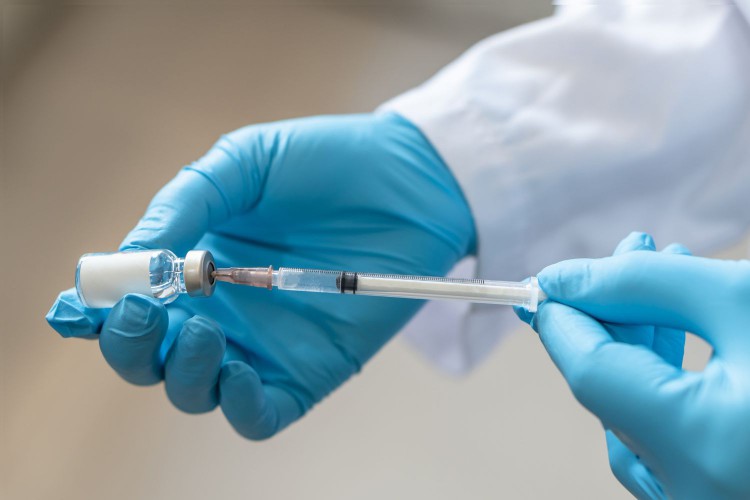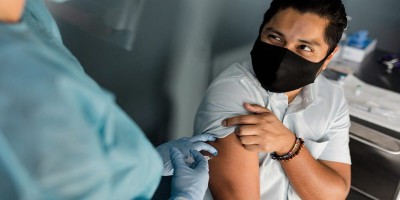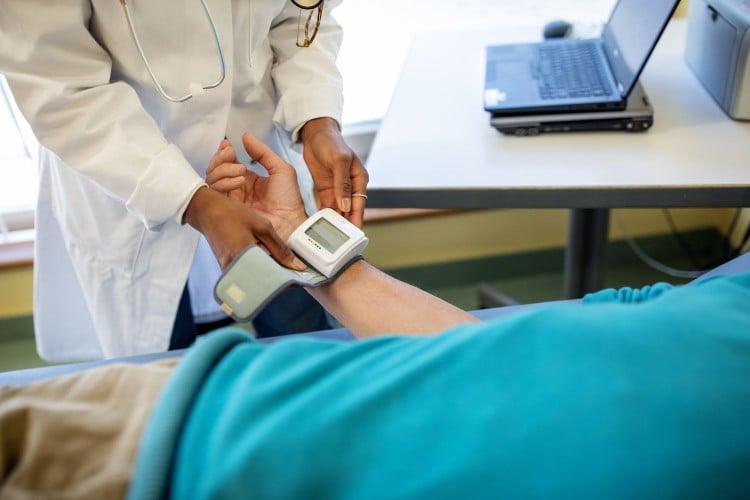- Health officials have reported measles outbreaks in multiple states in the US.
- The measles vaccine is part of the MMR vaccine, which is a recommended part of children’s vaccination schedule.
- Experts recommend ensuring you’ve received a vaccine for measles, as that is the best way to avoid infection.
Multiple states have reported measles outbreaks, according to health officials.
It’s not unusual for several illnesses to ramp up during the winter months. But this year has brought an unsuspected addition to the usual cold, flu, and RSV line-up: measles.
Nine people in the Philadelphia area have recently tested positive for the disease after a child who was exposed to the virus violated quarantine recommendations and went to daycare.
In Virginia, public health officials are warning about potential measles exposure after a person with the disease traveled through Dulles International Airport on January 3, 2024, and Ronald Reagan National Airport on January 4, 2024.
Washington state also recently reported six cases of measles, tying the outbreak to a family gathering.
And yesterday, the Georgia Department of Public Health confirmed a measles case in the Atlanta area.
Here’s whether or not new measles cases are a cause for concern, as well as how to avoid infection.

Getty Images / Chinnapong
Measles Cases Seem to Be on the Rise in 2024
In 2016, health officials celebrated the news that North and South America had officially eliminated measles. But, that doesn’t mean the virus doesn’t still show up from time to time.
The U.S. has seen sporadic outbreaks and cases of measles over the years.
According to the Centers for Disease Control and Prevention (CDC), there were 121 cases of the disease in 2022. In 2023, there were 48 cases.
The agency hasn’t shared data on 2024 cases yet, but health department reports indicate there have already been at least 16 measles cases in January 2024 alone.
Cases of measles do seem to be on the rise in the U.S., William Schaffner, MD, an infectious disease specialist and professor at the Vanderbilt University School of Medicine, told Health.
“There are a number of outbreaks in the U.S. at the present time,” he said.
Schaffner explained that outbreaks usually happen when someone travels outside the country and brings the disease to the U.S.
“Even more frequently, someone here in the U.S.—usually a child—goes abroad, acquires the measles virus, and then spreads it among unvaccinated people, usually children,” he said.
4 Ancient Diseases That Are On the Rise Once Again
Avoiding the Spread of Measles
According to the World Health Organization (WHO), measles is one of the world’s most contagious diseases.
It’s spread by contact with infected nasal or throat secretions when a person with the disease coughs or sneezes, or by breathing air that was breathed by someone with the disease.
The virus can stay active and contagious in the air or on surfaces for up to two hours.
“Measles is extraordinarily infectious,” Thomas Russo, MD, a professor and chief of infectious diseases at the University at Buffalo in New York, told Health.
“The spread is almost inevitable if it gets into a vulnerable population,” Russo said.
According to Schaffner, the disease often shows up in clusters in the U.S. because it spreads among unvaccinated people.
“Unvaccinated children often cluster in certain areas, schools, or religious groups,” Schaffner explained. “If the measles virus is introduced into that population, it can spread to the other unvaccinated children.”
This spread is important to contain, as measles can be a serious disease.
“When I tell our medical students that, before we had measles vaccines in the U.S., between 400 and 500 children died annually of the disease and its complications, their jaws drop,” Schaffner said. “Measles is a very, very vicious, uncomfortable, and serious infection and it can cause many complications.”
The best way to lower your risk of getting measles is to get the measles vaccine. This vaccine is part of the measles, mumps, and rubella (MMR) vaccine, which is part of the recommended childhood vaccination schedule.
But, anyone can get the measles vaccine, including adults who weren’t vaccinated as a child.
“The vaccine is incredibly effective at preventing infection,” Russo said.
According to the CDC, two doses of the vaccine are about 97% effective at preventing measles.
If you haven’t been vaccinated against measles, Schaffner recommends scheduling an appointment with a primary care doctor to update your vaccination status. He noted that having the virus gets worse as you get older.
Is the Flu Airborne? Here's What Infectious Disease Experts Say








